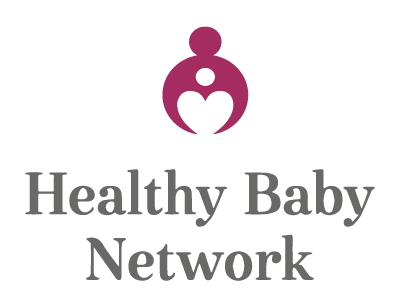Maternal and child Health
The initiatives in this domain provide care to address a wide range of conditions, health behaviors, and indicators that affect the health, wellness, and quality of life of women, infants, children, and families.
Maternal and Child Health
Community-Based Doula Program

Doulas play a crucial role in combating the discrimination, racism, and loss of autonomy that Black and Brown birthing people experience due to historical disinvestment.
We are partnering with Healthy Baby Network, HealthConnect One, and Finger Lakes Community Health on a two-year initiative to innovate Healthy Baby Network’s Black Doula Collaborative, which will improve the health and well-being of women, infants, and birthing families.
The program will identify and train individuals who are trusted members of the community to provide doula services and help improve: prenatal care, raise breastfeeding rates, decrease unnecessary medical interventions, increase positive birth experiences, and improve parenting skills.
Six full-time equivalent doulas will serve 250 Black and Brown women over the course of the two-year program. Utilizing HealthConnect One’s proven “train the trainer” model, the program based at Healthy Baby Network and Finger Lakes Community Health will offer 16 community-based training sessions to doulas employed by these organizations. The program will coordinate with healthcare systems and Federally Qualified Health Centers. Medicaid reimbursement legislation in New York would establish doulas as medical providers and require health insurers to provide coverage for doula services.
The Community-based Doula Program received a Silver Award at the 2023 Greater Rochester Quality Council (GRQC) Performance Excellence Awards. The GRQC Performance Excellence Awards are given annually and help organizations in all sectors of the economy gain valuable insights into strategic areas of their operations, connect with like-minded leaders in high performing organizations, and earn formal recognition for achieving excellence through continuous improvement methodologies.
Our Community Partners



BLACK MOTHERS
51% MORE LIKELY
TO EXPERIENCE A POTENTIALLY LIFE-THREATENING CONDITION related to childbirth than white mothers
*Data is based on the Finger Lakes region according to research conducted by Dr. Christopher Glantz, University of Rochester Medical Center.
BLACK INFANT MORTALITY
NEARLY 3 TIMES THE RATE FOR WHITE INFANTS
*Based on data from 2015-2017 NYS DOH Vital Records.
“The Finger Lakes IPA, a partnership of the region’s community health centers, six behavioral health organizations, and the S2AY Rural Health Network, is very excited to be a part of this important initiative by FLPPS to support the critical need for access to developmental screenings for young children in our rural communities. This program will give us the ability to provide access to services that are often not available due to geographic and other barriers to care experienced by our patients.”
“I am excited to see ‘equity in action’ through this partnership with FLPPS, who recognizes the importance of lived experience and elevating the parent and patient voice to bring change across our health and behavioral health systems.”
“For decades Regional Health Reach has been a leader in the community in providing healthcare and support services to those experiencing homelessness. Through our traditional clinic, mobile medical unit, and presence at shelters, our Healthcare for the Homeless program has touched thousands of lives. Health Reach is excited to partner with Finger Lakes Performing Provider System and MC Collaborative to expand our reach to unsheltered individuals, meeting them where they are, to provide the care they need.”
“The key to the success of this menu of services is our ability to have a two-way dialogue with doctors and other medical professionals about both health and social support needs at home. We’ve proven this model can improve patient outcomes and reduce unnecessary ED visits and hospitalizations, and that’s a win for everyone. It also reduces both physician and patient/family caregiver frustrations.”
“By expanding our Person In Crisis teams to include certified peer specialists, we will be able to assist even more of our residents in need in a humane and compassionate manner. In addition, by assisting residents in this new way, we are expecting that there will be a reduced number of people calling the PIC team because they are getting connected to the services they need.”

